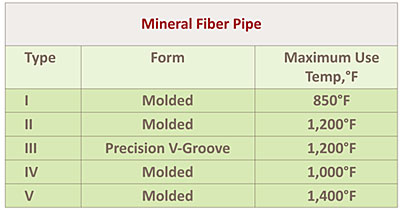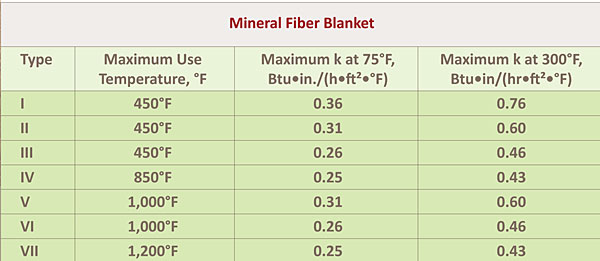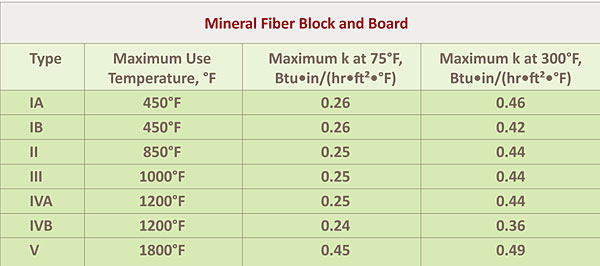IKING GROUP-INSULATION AND ACOUSTIC SOLUTION FOCUS
Fibrous Insulations
Fibrous insulations are composed of small-diameter fibers that finely divide the air space. The fibers may be organic or inorganic and they are normally (but not always) held together by a binder. Typical inorganic fibers include glass, rock wool, slag wool, and alumina silica.
Mineral Fiber (Fiberglass and Mineral Wool)
Mineral fiber insulations are defined by ASTM as insulations composed principally of fibers manufactured from rock, slag, or glass, with or without binders.
Fiberglass and mineral wool products fall in this category. There is some confusion concerning the nomenclature used for these materials. Fiberglass products (sometimes called “fibrous glass” or “glass wool”) and mineral wool products (sometimes called “rock wool” or “slag wool”) are covered by the same ASTM “mineral fiber” specifications, and sometimes by the same type and grade. Specifiers are cautioned to call out both the specific material and the ASTM type and grade when specifying these products. For example “Fiberglass pipe insulation meeting the requirements of ASTM C547 Type I, Grade A” or “Mineral Wool pipe insulation meeting the requirements of ASTM C547 Type II, Grade A.” A number of ASTM material standards cover mineral fiber products.
Mineral Fiber Pipe
Mineral fiber pipe insulation is covered in ASTM C547. The standard contains five types classified primarily by maximum use temperature.
The standard further classifies products by grade. Grade A products may be “slapped on” at the maximum use temperature indicated, while Grade B products are designed to be used with a heat-up schedule.
The specified maximum thermal conductivity for all types is 0.25 Btu in/(hr ft² °F) at a mean temperature of 100°F.
The standard also contains requirements for sag resistance, linear shrinkage, water-vapor sorption, surface-burning characteristics, hot surface performance, and non-fibrous (shot) content. Further, there is an optional requirement in ASTM C547 for stress corrosion performance if the product is to be used in contact with austenitic stainless steel piping.
Fiberglass pipe insulation products will generally fall into either Type I or Type IV. Mineral wool products will comply with the higher temperature requirements for Types II, III, and V.
These pipe insulation products may be specified with various factory-applied facings, or they may be jacketed in the field. Mineral fiber pipe insulations systems are also available with self-drying wicking material that wraps continuously around pipes, valves, and fittings. These products are intended to keep the insulation material dry for chilled water piping in high-humidity locations. Mineral fiber pipe insulation sections are typically supplied in lengths of 36 inches, and are available for most standard pipe and tubing sizes. Available thicknesses range from ½” to 6″.

Mineral Fiber Blanket
Mineral fiber blanket insulation for commercial and industrial applications is covered in ASTM C553. The standard contains seven types classified by maximum use temperature and thermal conductivity.
The standard also contains requirements for flexibility, water-vapor sorption, odor emission, surface-burning characteristics, corrosiveness, and shot content.
These insulations are flexible and are normally supplied as batts or rolled blankets. Dimensions vary, but thicknesses from 1″ to 6″ are typically available. The products may be specified with various factory-applied facings, or may be ordered unfaced.

Mineral Fiber Block and Board
Mineral fiber block and board insulation is covered in ASTM C612. This standard contains five types classified by maximum use temperature and thermal conductivity.
Each of these types is further classified by compressive resistance. Category 1 materials have no requirement for compressive resistance, while Category 2 materials require a minimum compressive resistance value. Density is not a performance measure and has been removed as a requirement in ASTM C612.
The standard also contains requirements for linear shrinkage, water-vapor sorption, surface-burning characteristics, odor emission, corrosiveness to steel, rigidity, and shot (non-fibrous) content. Further, there is an optional requirement in ASTM C612 for stress corrosion performance if the product is to be used in contact with austenitic stainless steel. Fibrous glass boards will generally meet Types I, II, or III. Mineral wool products will generally comply with the higher temperature requirements for Types IVA, IVB.
These products are supplied in rigid and semi-rigid board form. Dimensions will vary, but typical available thicknesses range from 1″ to 4″. The products may be specified with various factory-applied facings, or may be ordered unfaced.
